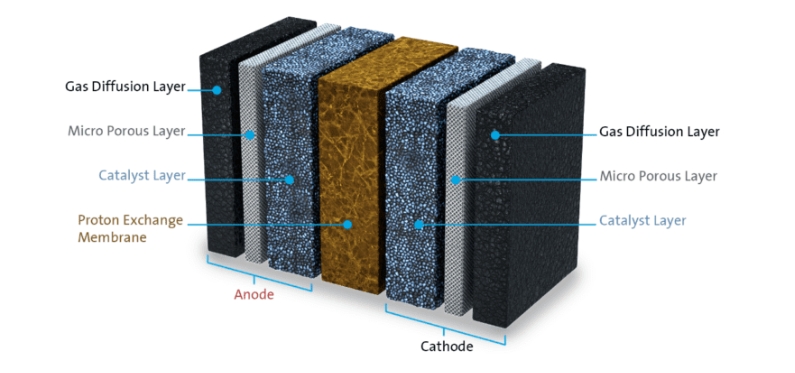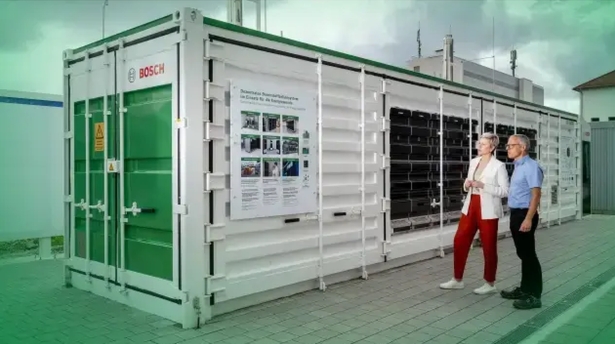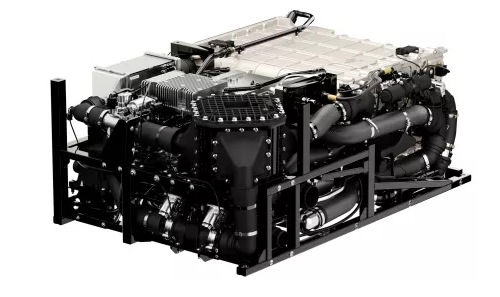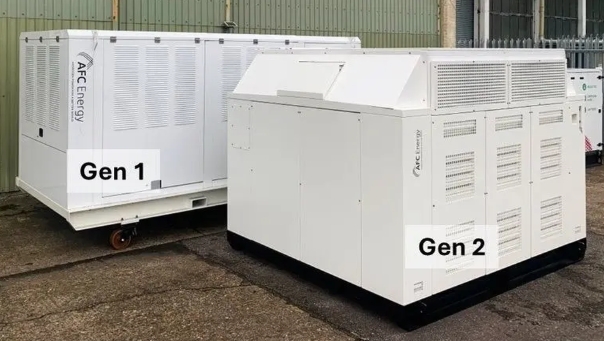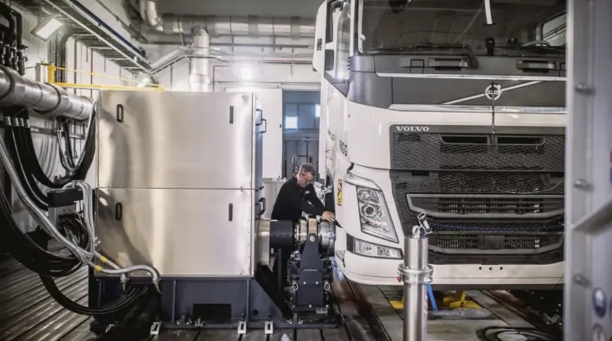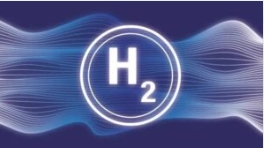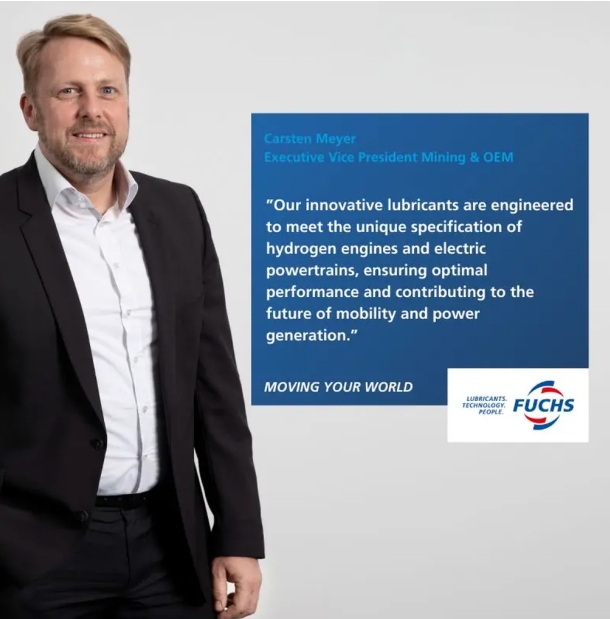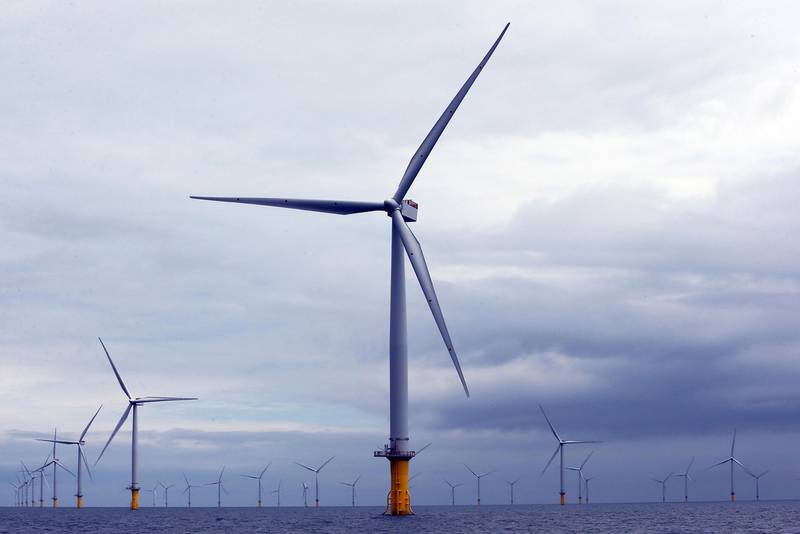
Abu Dhabi clean energy company Masdar and Germany’s RWE Renewables have signed a preliminary agreement to collaborate and explore the development of offshore wind projects in key markets.
Under the agreement, the two companies will work on offshore wind project opportunities identified across the world.
The announcement came after the UAE and Germany signed a new Energy Security and Industry Accelerator Agreement (ESIA) on Sunday, which is aimed at accelerating joint efforts to boost energy security, decarbonisation and combat climate change.
The deal was struck in the presence of President Sheikh Mohamed and German Chancellor Olaf Scholz, who was on an official visit to the Emirates.
As part of the ESIA, Masdar will actively explore offshore wind opportunities in Germany’s North and Upper Baltic Sea, with plans for up to 10 gigawatts of renewable energy production capacity by 2030.
The agreement with RWE will enable Masdar to “expand our capabilities in offshore wind, a market which we see as having key strategic importance,” Mohamed Al Ramahi, chief executive of Masdar, said.
“By leveraging our two companies’ extensive expertise in this sector, we can help other nations to meet their offshore wind targets, transition to clean energy sources, and meet their net-zero objectives.”
Governments across the world are focusing on developing new renewable energy projects as part of their decarbonisation plans.
Renewables are expected to drive an 8 per cent rise in global energy investment in 2022 to $2.4 trillion, the International Energy Agency said in a June, with solar and wind power accounting for the major segment.
Another report by research company BloombergNEF found that global investment in the renewable energy sector climbed by 11 per cent to $226 billion in the first half of this year.
Offshore wind recorded a steep increase in investment during the period, up by 52 per cent from the previous year, to $32bn, the report said.
Many countries have set ambitious renewables targets.
The UK, which already has the largest installed capacity of offshore wind in the world, is targeting 50 gigawatts by 2030 under its Energy Security Strategy. The US is aiming to use 30 gigawatts of offshore wind by 2030, as part of its ambition to halve greenhouse gas emissions by that date, and reach net zero by 2050.
Meanwhile, Korea is planning up to 20 gigawatts of offshore wind capacity by the end of this decade, as it seeks to reduce its dependence on imported fossil fuels and achieve carbon neutrality by 2050.
Masdar, one of the fastest-growing renewable energy companies in the world, is increasingly focusing on offshore wind projects as it aims to reach 100 gigawatts of total capacity by 2030.
Its existing offshore projects include the Dudgeon Offshore Wind Farm in the UK and Hywind Scotland, the world’s first floating offshore wind farm, which became operational in October 2017.
Earlier this month, it also announced that it had achieved financial close on the 500-megawatt Zarafshan wind project, Uzbekistan’s first utility-scale wind farm. The project is expected to begin commercial operation by the end of 2024 and to provide enough electricity to power 500,000 homes.
Masdar and RWE are also shareholders in the London Array project, one of the largest wind farms in the world, which has been operational since 2012.
The project has an operating capacity of 630MW, powering more than half a million homes, while displacing almost 1 million tonnes of carbon dioxide emissions every year.
RWE, which has an investment and growth programme of roughly €50bn ($49.9bn), plans to expand its green portfolio to 50 gigawatts by 2030, including offshore and onshore wind, solar and battery storage.
“The acceleration of the energy transition remains key to tackling both the current energy crisis and the climate crisis,” said Markus Krebber, chief executive of RWE.
“This is what we are doing at RWE with massive investments in renewable energy projects — on our own and together with partners.”

